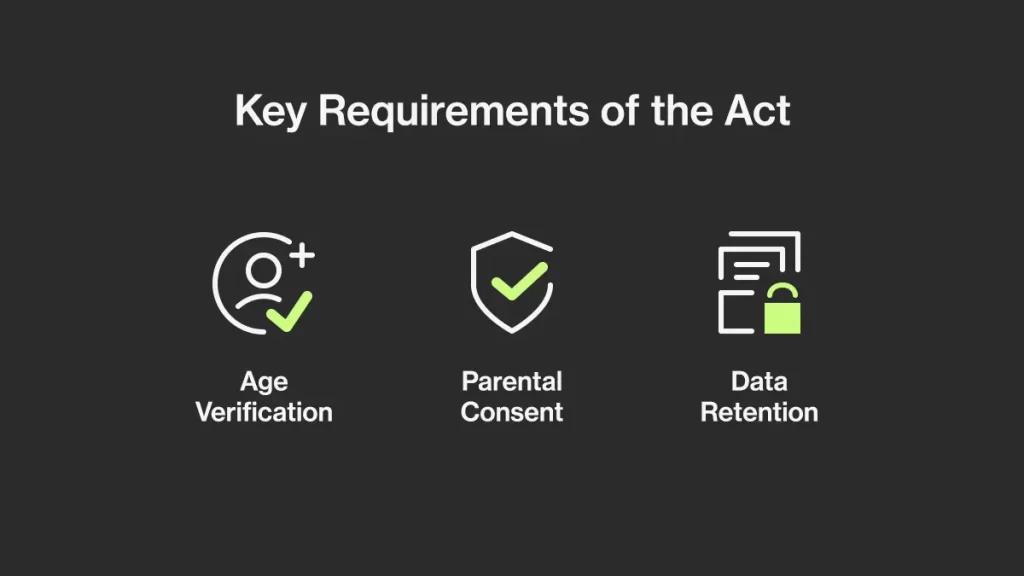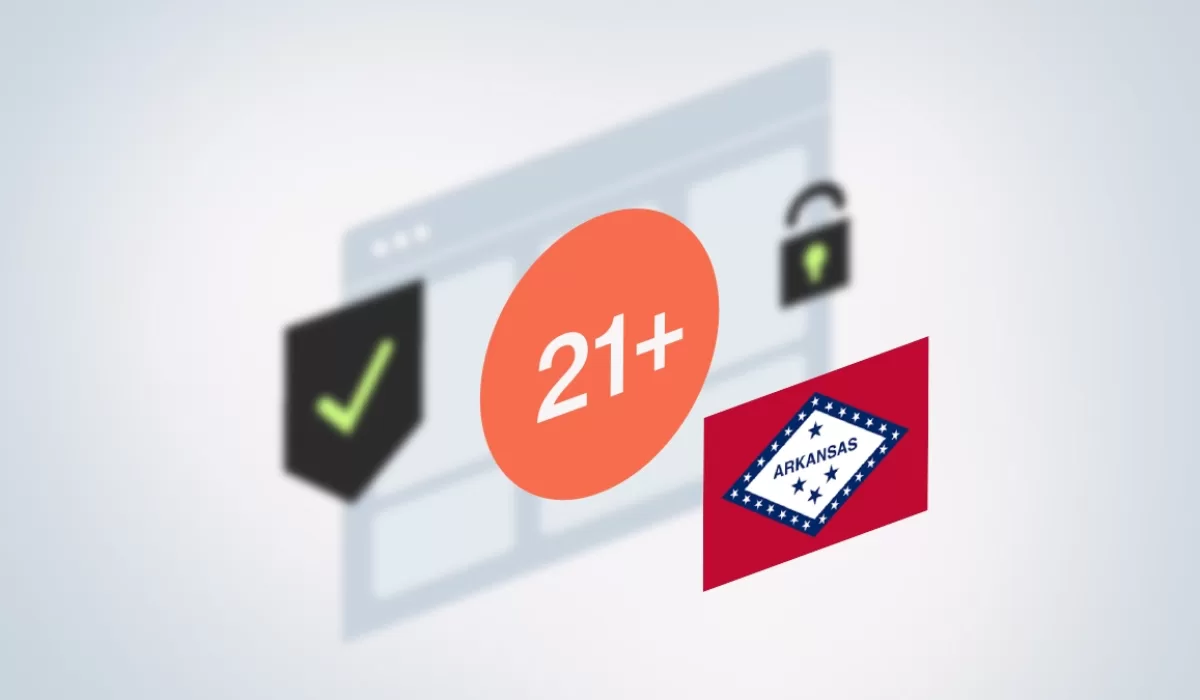Arkansas almost became the second state to implement restrictions on children’s social media usage with Act 689, also known as the Social Media Safety Act. This social media age verification law mandates age verification and parental consent for users under 18 when creating new social media accounts. Although a federal judge temporarily blocked the law in September of 2023, the governor of Arkansas is urging legislators to start work on it again. In this article, we will look about what Act 689 would entail for Arkansas.
Key Requirements of Act 689

Age Verification:
Platforms must contract with third-party vendors to perform age verification checks on all new users, including minors as well as social media users with existing social media accounts.
Verification methods include digitized identification cards such as driver’s licenses or any government ID, as well as any commercially reasonable age verification method.
Parental Consent:
For users under 18, platforms must obtain explicit parental consent to open an account.
Data Retention:
Third-party vendors and platforms are prohibited from retaining any identifying information after access to the social media platform has been granted.
Violations of this Arkansas law can result in fines of $2,500 per offense, along with court costs and reasonable attorney’s fees, or damages if a minor accesses a social media platform without parental consent.
The Social Media Safety Act aims to safeguard kids social media usage from potentially harmful effects. However critics argue that the Act raises issues related to privacy, censoring free speech online, and enforceability.
Age Verification Regulations Around the World
Viable Age Verification Methods
ID-based Age Verification
ID-based age verification follows steps similar to identity verification. Users must provide an identity document and a selfie for biometric comparison to ensure secure verification. With Ondato’s age verification system, this process is straightforward, takes less than 60 seconds, and maintains zero fraud tolerance.
Age Estimation
Age estimation tools minimize the need for identity documents by using biometric data to categorize users into age groups. Ondato’s system can onboard most users without additional documents, requiring IDs only if there are uncertainties, allowing for the perfect solution to protect children online as well as address the critics’ privacy concerns.
Entities Required to Comply
The Act applies to social media companies operating platforms with at least $100 million in annual revenue. The Act defines „social media company” as an online forum allowing account holders to:
- Create public profiles, establish accounts, or register for social interactions.
- Upload or create posts or content.
- View posts or content from other account holders.
- Interact with other users, including forming mutual connections.

Exclusions to the Social Media Safety Act
The Act does not apply to:
- Media companies offering subscription content without a primary focus on social interaction.
- Platforms exclusively providing interactive gaming, virtual gaming, or services related to gaming and entertainment.
- Services or applications that offer email or direct messaging.
- Online shopping or e-commerce sites with limited user interaction.
- Providers of preselected content (news, sports, entertainment) with incidental interactive features.
- Companies offering cloud storage, enterprise cybersecurity services, educational devices, or collaboration tools for K-12 schools.
- Companies deriving less than 25% of their revenue from social media platforms, including games and advertising.
- Platforms providing career development opportunities, professional networking, job skills, learning certifications, and job posting services.
- Services streaming licensed media continuously without obtaining licenses from users.
Current Status of Act 689
With the outcome of Act 689 being unknown due to the law being struck down for now, it is important to note that other states have enacted similar laws designed to limit the accessibility of social media by young people, including Utah, Louisiana, Texas and California. Due to these changes, it is likely that Arkansas will return to considering this law, despite the concerns regarding free expression online. That is why social media companies should prepare to implement reasonable age verification measures.
Last Thoughts
In summary, Arkansas’ new legislation seeks to safeguard children on social media through stringent age verification and parental consent requirements, but its enforcement has been halted due to legal challenges.



